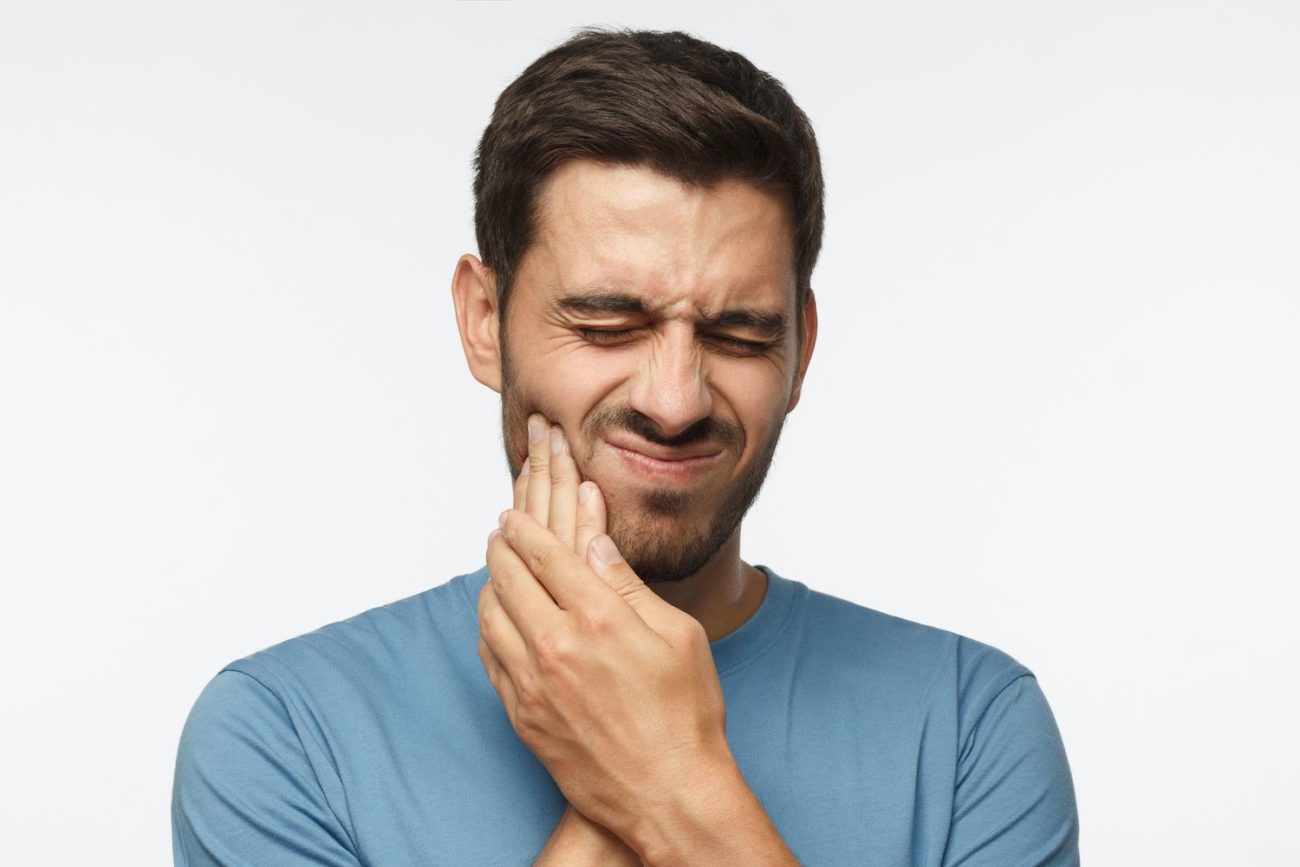If you wake up with soreness or tightness in your jaw or teeth, you may have a habit of grinding or clenching your teeth. Dentists refer to this behavior as bruxism, and it can leave individuals with uncomfortable and painful symptoms.
Without treatment, you may experience problems with performing oral functions or tooth breakage. You can schedule a visit with our dentist to find the best way to stop this detrimental habit. Dr. Greg Reece lists three methods that dentists recommend to treat teeth grinding and clenching below.

How to Treat Chronic Bruxism
Stress Relief Exercises
Heightened stress levels can make you tense your muscles, meaning you could be clenching and grinding your teeth without realizing it. The grating of the top teeth against the bottom teeth generates pressure that can cause harm to your teeth and jaw, requiring restorative dental work to repair.
A major way that dentists begin treating bruxism is to recommend lifestyle changes that will reduce stress in the patient’s life. This could entail physical activity or deep breathing. They may also suggest exercises that stretch muscles in the face and jaw, encouraging them to loosen and release tension.
Custom-Made Mouthguard
Bruxism often occurs unconsciously and may manifest while an individual sleeps. If you grind or clench your teeth during the night, your dentist may construct a personalized mouthguard for you to wear as you sleep.
This custom fit will feel comfortable and will not slip out of place during the night. The appliance will cushion your teeth against bruxism and keep your jaw in a position that allows it to relax while at rest. This should alleviate and prevent uncomfortable symptoms that may happen with persistent bruxism, such as jaw pain and stiffness.
Teeth Straightening with Invisalign
Stress is not the only reason people grind their teeth. If you have crooked teeth or a misaligned jaw, your bite may not close properly. This may lead to grinding or grating teeth that could cause dental damage.
Severe malocclusions may require evaluation or treatment from an orthodontist, but your dentist can straighten teeth using Invisalign. These clear plastic aligners are specially designed to reposition teeth into a healthy bite that will relieve pressure and improve a patient’s oral health.
Once your teeth are straight, you should see the unpleasant effects from teeth grinding fade too. Your dentist can help you develop a cosmetic or restorative treatment plan to preserve and amend your smile concerns when you schedule a consultation appointment.
